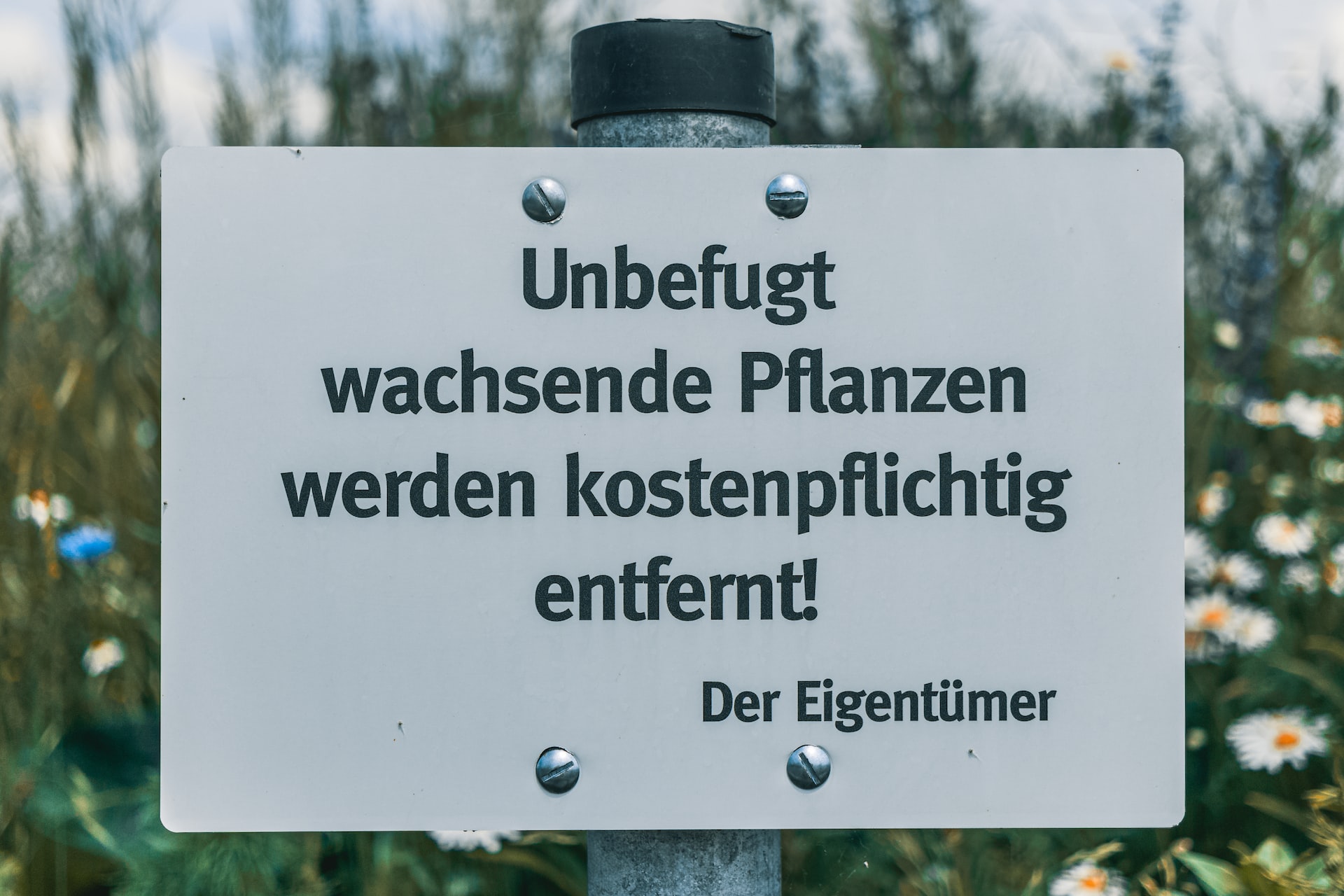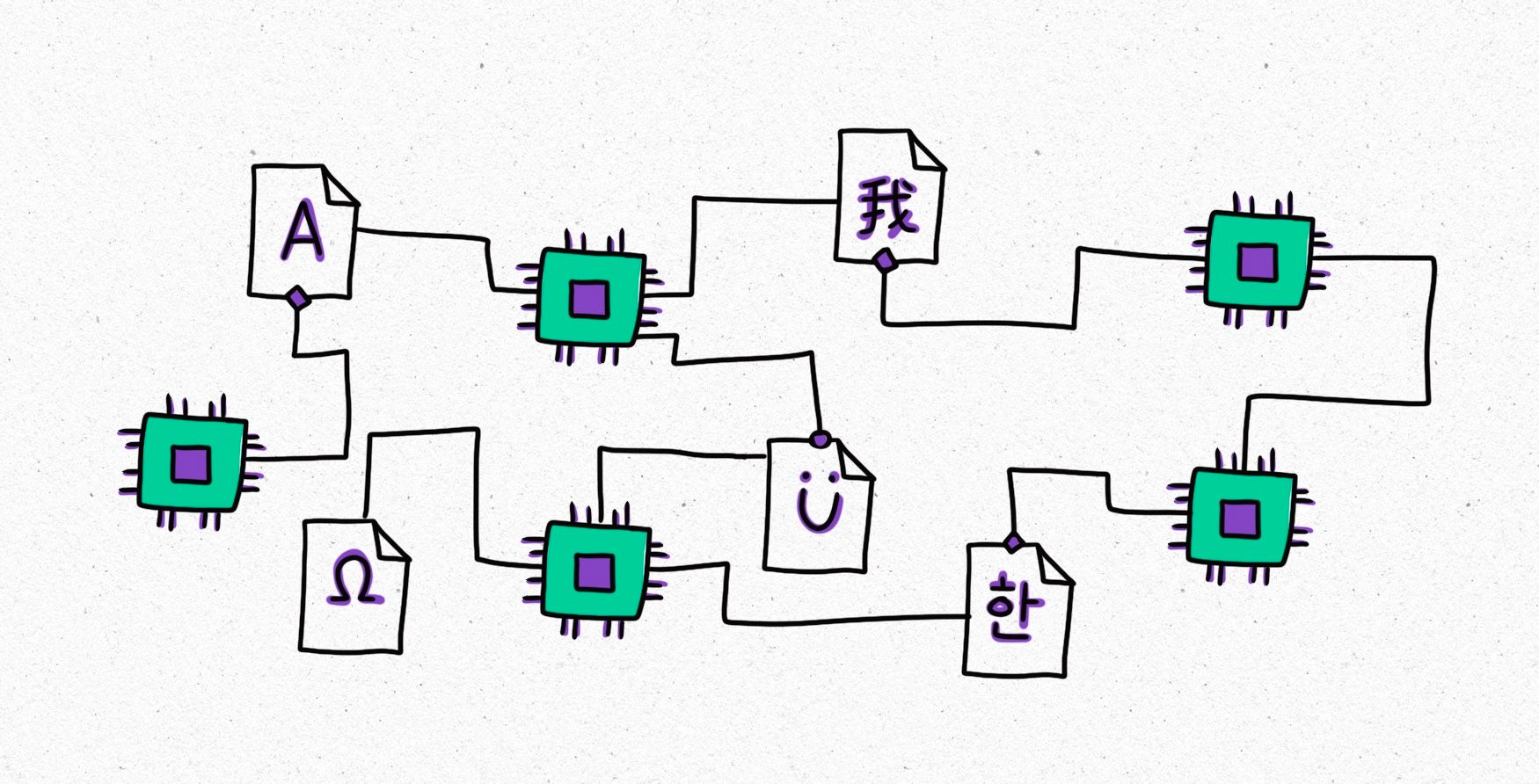German Translation Services are often seen as a challenging process, due to the language’s complex grammar and syntax. However, with the right tools and resources, this process can be made much simpler. In this article, we will explore some of the challenges involved in German translation services, as well as ways to overcome them.
What are the challenges of German translation services?
Like any language, German has its own unique set of challenges that must be overcome to produce accurate, natural-sounding translations. German is a West Germanic language spoken by approximately 100 million people worldwide. It is the official language of Germany, Austria, Switzerland, Liechtenstein, and Luxembourg. German is also a co-official language of Belgium, Denmark, and Italy.
German is a complex language with four main dialects: Low German, High German, Central German, and Upper German. These dialects can be further divided into numerous sub-dialects. This can pose a challenge for translators, as they must be able to identify the specific dialect being used to produce an accurate translation.
Another challenge is sentence structure. German translation services have to be careful not to change the meaning of a sentence by altering its word order. This is because the German word order is more flexible than in English, and a word that comes first in a sentence in German might come last in an English translation. This can be a particular challenge when translating idiomatic expressions.
German also has many words that have multiple meanings, which can again lead to changes in meaning if the wrong word is used in a translation. This is why it is so important to use a qualified and experienced translator when commissioning German translation services.
German also has a lot of long words, which can make translating documents or website content time-consuming and difficult. This is because long words often have to be split up into multiple parts to fit into the target language.
The German language also has many gender-specific words, which can again lead to changes in meaning if the wrong word is used.
Finally, there are some cultural differences between Germany and other countries that can make translation difficult. For example, Germans tend to be very direct in their communication, which can come across as rude in other cultures.
How can you overcome these challenges?
One of the challenges you may face when trying to use German translation services is that not all of them are created equal. Some will be able to provide you with a more accurate translation than others. This is why it’s important to do your research and find a reputable service that uses qualified translators.
Another way to overcome some of the challenges associated with German translation services is to use a service that offers human translation. This means that a real person will be translating your document rather than a machine. While this may cost a bit more, it’s often worth it for the increased accuracy. But it will increase the time it takes to get your document translated.
One final way to overcome some of the challenges of German translation services is to use a service that offers a money-back guarantee. This way, if you’re not happy with the quality of the translation, you can simply get your money back. Be sure to read the fine print before choosing a service, though, as some may have restrictions on what types of documents they’ll refund.
Overall, the best way to overcome the challenges associated with German translation services is to do your research and choose a reputable service. This will help ensure that you get a high-quality translation that is accurate and reliable.
What tools and resources are available to help with the translation process?
There are many different tools and resources available to help with the translation process. Some of these tools and resources are free, while others may require a fee. Here are some of the most popular options:
- Online Translation Services: Many online translation services can be used to translate German text into English. These services typically use software to translate the text, so they may not be 100% accurate. However, they can be a quick and easy way to get a general idea of what something says.
- Human Translators: If you need a more accurate translation, you can hire a human translator. This option will be more expensive than using an online service, but it will usually result in a more accurate translation.
- Translation Software: There are also software programs that can be used to translate German text into English. These programs often have a higher accuracy rate than online services, but they can be more expensive.
- Bilingual Dictionaries: Another option is to use a bilingual dictionary. This can be a helpful tool if you know some German and need to quickly lookup a word or phrase.
- Google Translate: Finally, you can also use Google Translate to translate German text into English. This service is free to use, but it is not always 100% accurate.
These are just some of the tools and resources that are available to help with the translation process. If you need a more accurate translation, you may want to hire a human translator or use translation software. Otherwise, online services and bilingual dictionaries can help get a general idea of what something says.
Conclusion
German translation services are important for businesses and organizations that want to expand their operations into German-speaking markets. There are many different tools and resources available to help with the translation process, including online dictionaries, machine translation software, and human translators. While machine translation can be a helpful starting point, it is important to remember that it is not always accurate and can sometimes produce results that are difficult to understand. For this reason, it is often best to use human translators for important documents or communications. German translation services can help businesses and organizations communicate more effectively with their German-speaking customers and partners.



